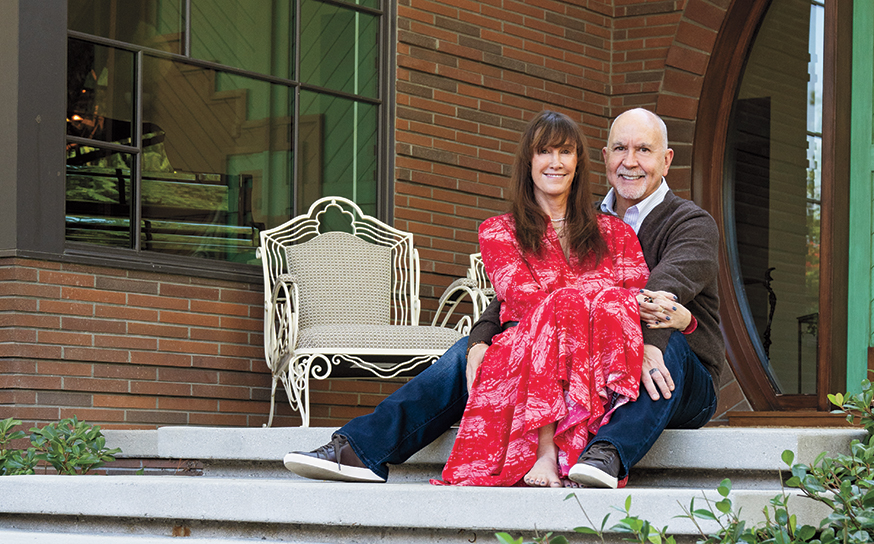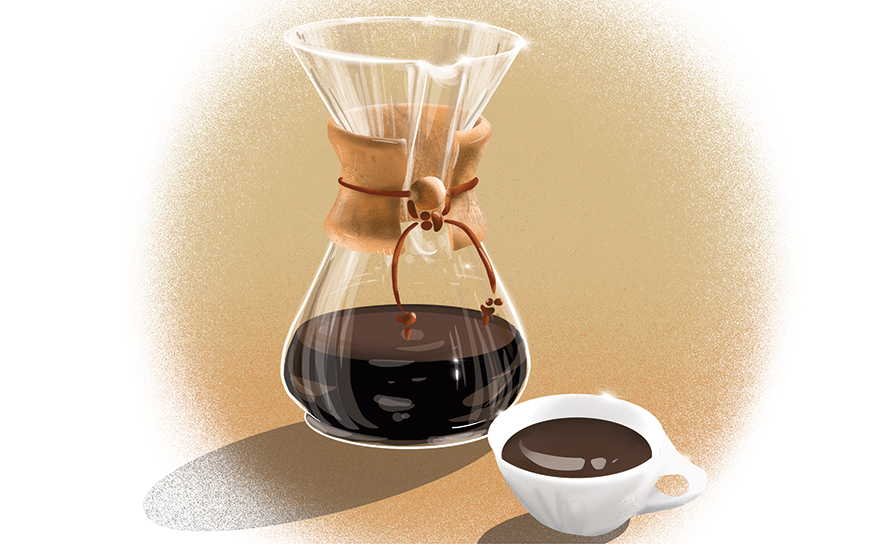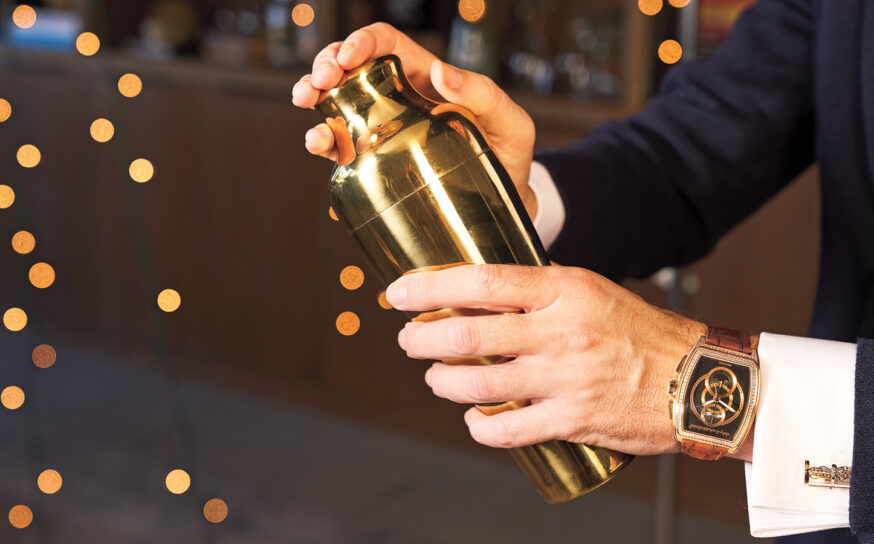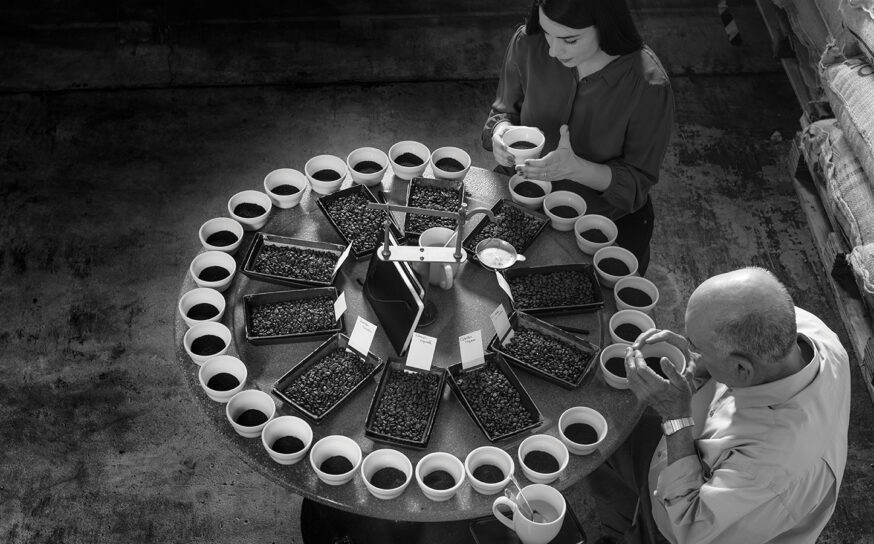
Sounds Fabulous, Signifies Nothing
Moving beyond the “rah-rah” slogans, an honest examination of what constitutes real female empowerment
-
CategoryPeople
-
Written byJess Weiner
-
Illustrated byChristine Georgiades
For the last 20 years, I’ve worked hard to build a career that focuses on empowering women and girls. As a strategist and cultural expert, I help brands and businesses not just look at, but really see women and girls—in all our shapes, sizes, nationalities and abilities—especially in their marketing and advertising. If you’ve seen Dove’s Campaign for Real Beauty and Barbie’s recent makeover (four new bodies, seven new skin tones), then you’re familiar with my work.
This passion to help people be acknowledged is a deeply personal one. I remember growing up an ethnically, ambiguous-looking girl with a curvy body and unruly curly hair, at a time when I saw exactly zero girls that looked like me in the media. When you are vanished from mainstream media, you are given the message that you don’t exist and therefore, aren’t important. This can wreak havoc on a young girl’s self-confidence. It did for me.
Fast forward a few decades, and we seem to have reached incredible progress in the diversity of women and girls we see and read about (special shout-out to social media for helping us democratize this process). And yet, I can’t help but wonder if the “empowering” messages we hear are really moving us closer to true empowerment.
I mean, I love a good pep talk, but this is my local scroll through advertising aimed at women:
Them: “Go Girl!”, “Love Your Body” or “Be a GIRLBoss”.
Me: I am going, I do, thanks, and yes, I already am the CEO of my own media empire—as are many other women.
It’s a little confusing.
Those words sound great, but they still leave me feeling unseen (and if I’m being super dramatic— kind of emotionally dead inside).
I call this tactic SFSN—Sounds Fabulous, Signifies Nothing.
And now that people have caught on to the fact that women are a huge buying demographic, with global incomes totaling more than $18 trillion and controlling 80% of the purchasing, it’s not a surprise we are frequently seeing this kind of knee-jerk, rah-rah messaging.
While it may masquerade as a kinder (less sexist), more positive way to speak to women, does it really help? Telling women and girls they are important is one thing but how about paying women an equal wage, allowing them to work in a safe environment and to see themselves as the (diverse) heroes of their own personal narratives?
What’s needed goes beyond a catchy tagline or pink package. It’s time to up our game. Yes, let’s celebrate the strides we have made for women, and let’s also continue to elect more women to public office, get them on corporate boards and make sure our daughters know they are valued beyond their beauty.
We have more work to do to make this world a better place for the next generation.
I remember this every time I take out my wallet for a purchase and when I slip into a voting booth.
Jess Weiner is a CEO of Talk To Jess, a consulting firm that advises brands and organizations on how to create effective messages of empowerment. She lives in Studio City with her husband, Felipe.











